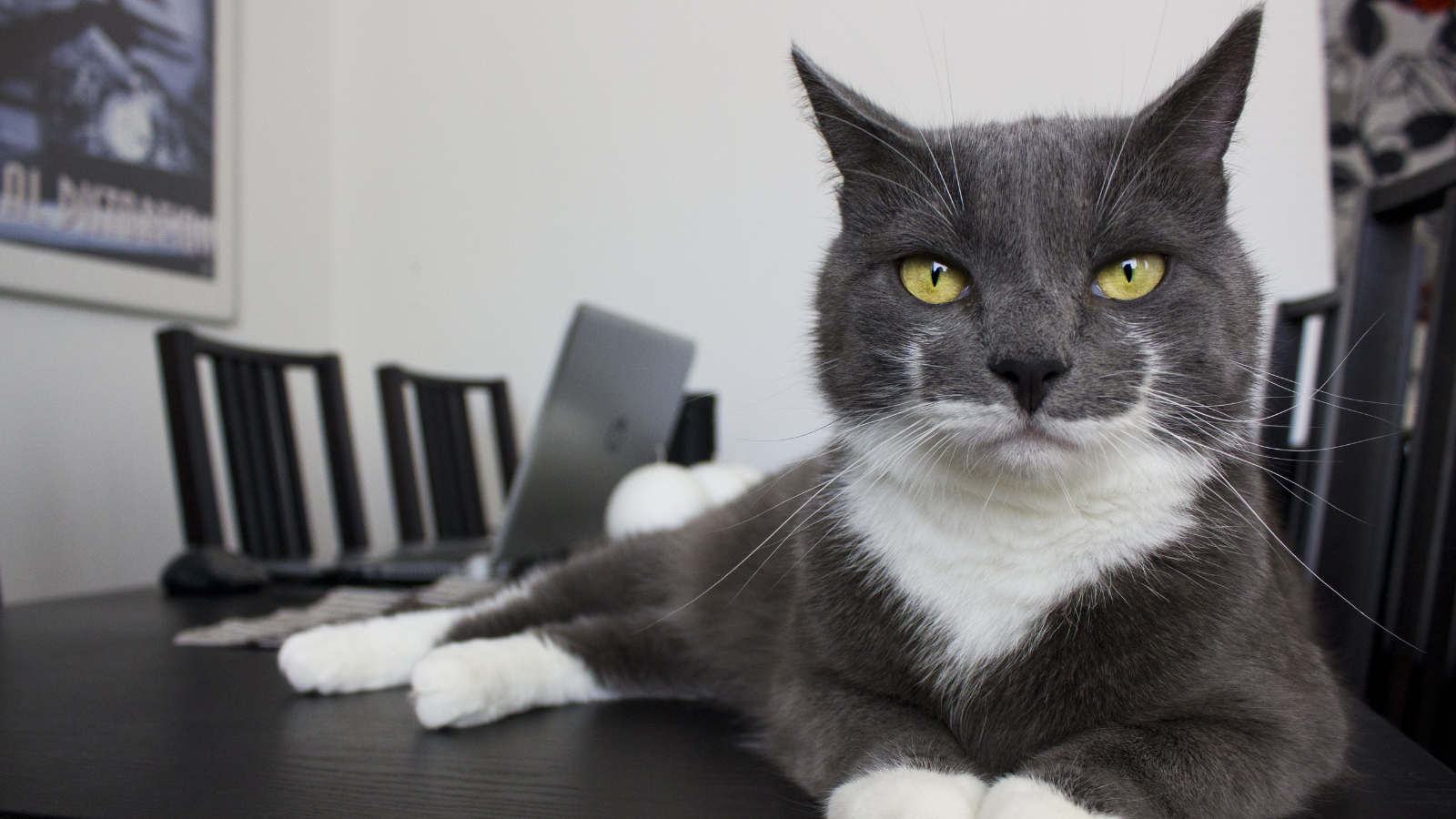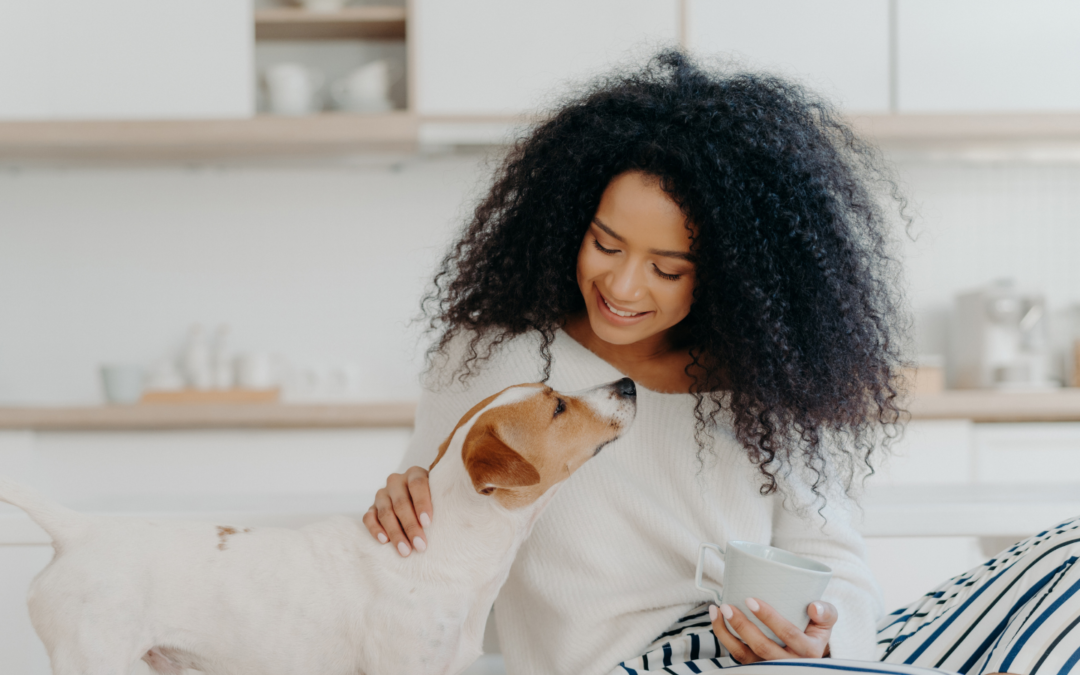“I don’t think I overfeed my pet, but they keep gaining weight.” Sound familiar? The truth is, pet obesity or gaining weight often creeps in through small, everyday habits. While most pet owners have the best intentions, a few feeding mistakes can quietly add extra pounds and lead to long-term health problems for your animal companion. For National Pet Obesity Awareness Day this October, Locust Trace Veterinary Clinic is uncovering five of the most frequent pet food pitfalls and how to fix them.
The Health Dangers of an Overweight Pet
A little pudge may seem harmless, but the long-term effects of even moderate weight gain can be serious for your pet’s health. Overweight pets are at significantly higher risk for:
- Arthritis and Joint Pain: Extra weight puts added pressure on bones and joints.
- Diabetes: Excess body fat can affect insulin sensitivity, increasing the likelihood of developing diabetes, especially in cats.
- Heart and Respiratory Issues: Carrying extra weight makes your pet’s heart and lungs work harder.
- Shortened Lifespan: Overweight pets may live less long than pets at a healthy weight.
In one 2024 study from The Association for Pet Obesity Prevention, 33% of cat owners and 35% of dog owners self-reported their pets as being either overweight or obese. So, you are not alone if you have an overweight pet, but you can help your companion have a healthier lifestyle.
Feeding Mistakes That Make Pets Overweight
“Eyeballing” Food Portions Instead of Measuring
One of the easiest ways to overfeed is by estimating your pet’s meals instead of measuring them. That overflowing scoop or “just a little more” adds up quickly, especially in smaller pets. Use a standard measuring cup or food scale.
Over-Treating Between Meals
Treats are great for bonding, training, and rewards, but they’re often packed with calories, too. Many owners give treats without accounting for them in the daily food allowance. Some high-value snacks can be as caloric as a full meal! Opt for low-calorie or natural alternatives like veggies, and only treat on occasion.
Feeding Based on the Bag Recommendations
Pet food bags provide general guidelines, but they can overestimate (or even underestimate) for the average pet. Calculate a more accurate portion based on your pet’s individual lifestyle by showing the label to your pet’s veterinarian.
Free-Feeding (Leaving Food Out All Day)
While it may seem convenient, free-feeding removes structure from your pet’s eating habits. It often leads to overeating and makes it harder to track how much your pet consumes. Scheduled meals help with weight control, digestion, and even behavior. Feed your pet at set times. If there are leftovers after your pet walks away, remove them.
Not Adjusting Diet as Your Pet Ages or Changes
A pet’s calorie needs shift throughout their life. Puppies, kittens, and highly active pets need more fuel, while senior pets or those recovering from injury may need fewer calories. Also, your pet may develop a health issue that significantly impacts their nutritional needs. Failing to adjust for these changes can result in gradual weight gain over time.
Consulting with a Veterinarian About Nutrition
Weight management for pets often means feeding smarter. During a wellness consultation, a veterinarian can:
- Identify your pet’s ideal weight
- Create a safe, sustainable feeding plan
- Recommend appropriate foods or portion adjustments
- Run diagnostics, if necessary, to check for health issues
Weight loss should always involve veterinary oversight so that your pet can safely lose excess weight.
Weight Management for Pets in Lexington, KY
Feeding your pet should be intentional. With just a few small changes to your daily routine, you can avoid common mistakes and set your pet up for a healthier life. Locust Trace Veterinary Clinic has veterinary weight management in Lexington, KY for pets from Georgetown, Meadowthorpe, Lexington, Midway, and neighboring Kentucky areas. Schedule a pet nutrition consultation at Locust Trace Veterinary Clinic.




